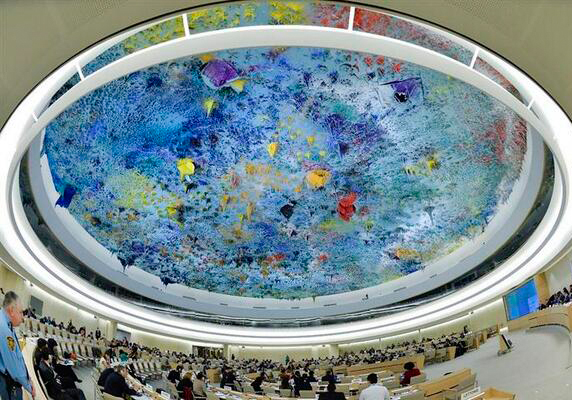
Mar 17, 2014 | Advocacy, Non-legal submissions
The ICJ made an oral statement at the UN Human Rights Council responding to the report of the Commission of Inquiry on the Democratic People’s Republic of Korea.
The statement called on the Council to take action on the findings and commending the Commission of Inquiry for overcoming the challenges to its work
The ICJ underlined the need, in view of the findings, for the Council to act with a view to ensuring accountability of perpetrators, including through means of international criminal responsibility.
The statement commended the innovative methodology adopted by the Commission of Inquiry and emphasised the need to protect victims and witnesses.
The full statement may be downloaded in PDF: Advocacy-UN-HRC25-DPRK-OralStatement-032014
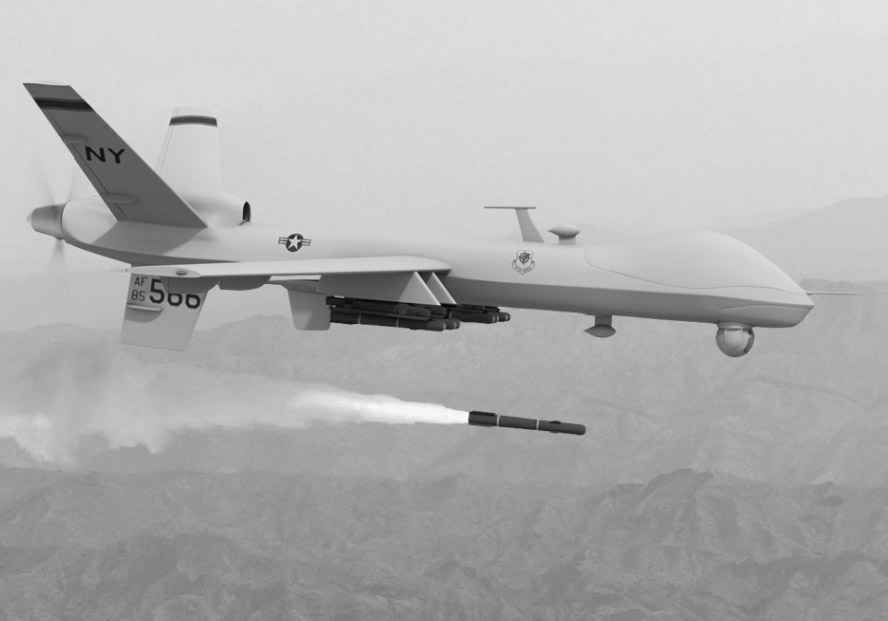
Mar 12, 2014 | Advocacy, Non-legal submissions
The ICJ prepared an oral statement to the UN Human Rights Council in response to a report on armed drones presented to the Council by the UN Special Rapporteur on human rights while countering terrorism, Ben Emmerson, on 11 March 2014.
The ICJ expressed appreciation at the focus of the report on the use of remotely piloted aircraft in counter-terrorism operations, and particularly with the Special Rapporteur’s assessment that the single greatest obstacle to an evaluation of the impact of drone strikes is lack of transparency. Lack of transparency creates an accountability vacuum and prevents effective access to justice.
In addition to sources of a legal obligation of transparency, the ICJ refers to the Tshwane Global Principles on National Security and the Right to Information.
The ICJ stressed that a number of attacks documented in the report occurred outside of the context of any armed conflict, and thus were fully subject to international human rights law with no role for the special and potentially more permissive rules of international human applicable in situations of armed conflict.
The ICJ agreed a number of points raised in the report of the Special Rapporteur were matters of controversy between states, but at the same time recalled that a lack of consensus did not necessarily mean that international law did not already provide definite answers to the issues.
The ICJ further suggested that principles and guidelines on the use of remotely piloted aircraft in counter-terrorism operations should be based on legal analysis, framed from the perspective of ensuring States’ compliance with international law; and justice and redress for victims of human rights violations and/or violations under international humanitarian law.
Due to the very limited time allocated to non-governmental organisations during the Interactive Dialogue on the Report, the ICJ was not able actually to read out its oral statement, but is making it public and has communicated its contents to the Special Rapporteur.
The oral statement can be downloaded in PDF here: ICJ-HRC25-SRCT-OralStatement-Drones.
The Report by the Special Rapporteur is available here.
For further information please contact: Mr Alex Conte (alex.conte(a)icj.org), ICJ International Law and Protection Programmes
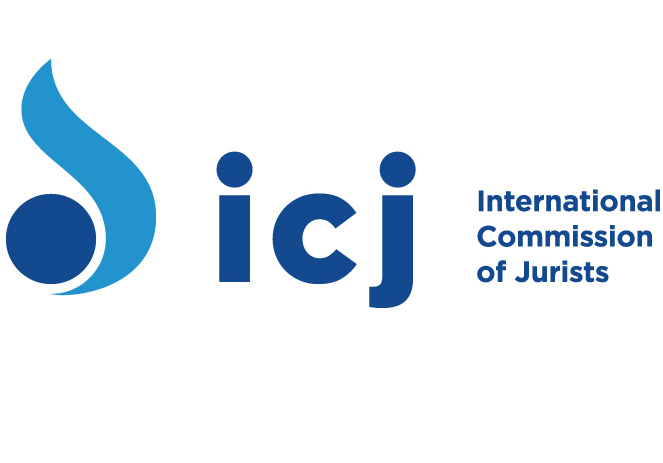
Jul 25, 2013 | News
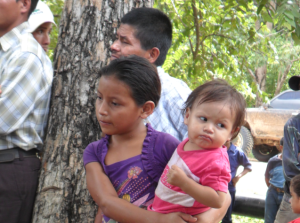 On 16 July, the ICJ addressed a UN panel on the rights of peasants and other people working in rural areas.
On 16 July, the ICJ addressed a UN panel on the rights of peasants and other people working in rural areas.
The panel took place during the first session of the open-ended intergovernmental working group on a UN declaration relating to this issue.
The ICJ made an intervention concerning the issues of poverty, discrimination and human rights violations that a vast majority of persons living and working in rural areas face.
This intervention informed the discussion of the working group on the need to better guarantee and protect the rights of these persons, in the perspective of the possible adoption of a new UN declaration.
Working Group on rights of peasants PANEL II (Full Text in PDF)
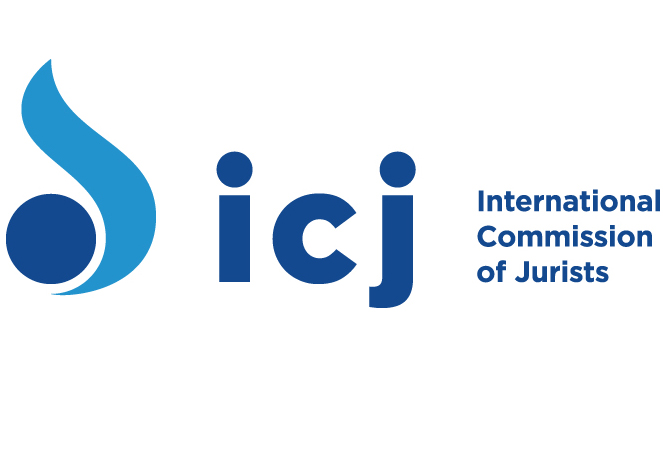
Aug 22, 2012 | Advocacy
 In written statements to the UN, the ICJ says that the General Assembly’s intergovernmental process on the strengthening of the UN treaty bodies has no competence to establish or impose a code of conduct for treaty body members.
In written statements to the UN, the ICJ says that the General Assembly’s intergovernmental process on the strengthening of the UN treaty bodies has no competence to establish or impose a code of conduct for treaty body members.
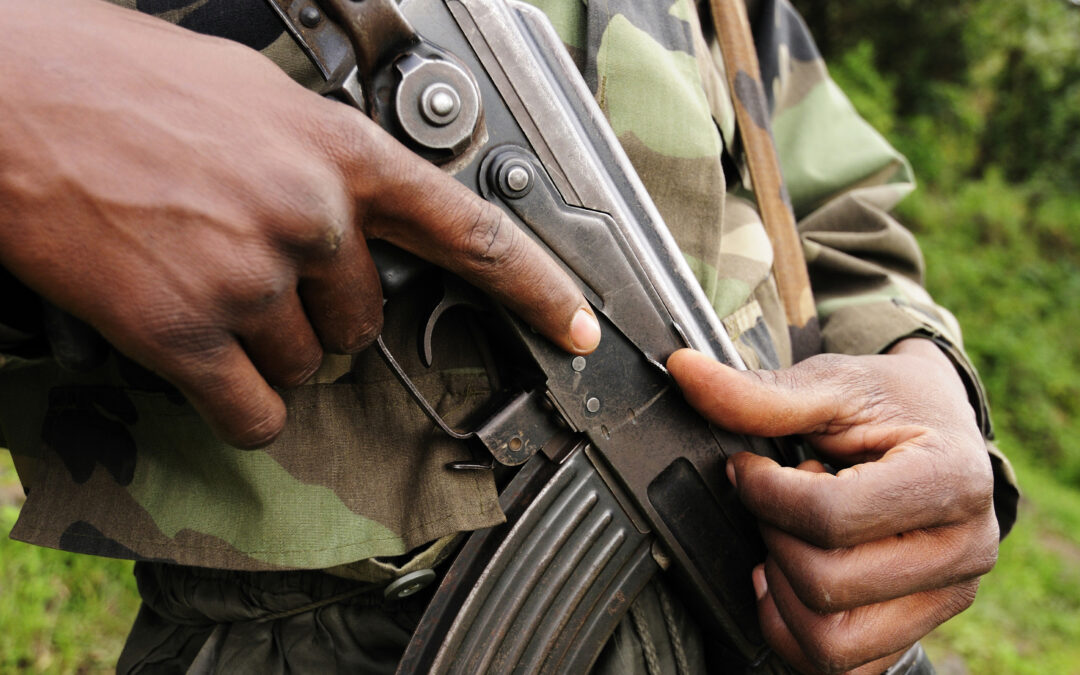
Aug 14, 2012 | Advocacy, Non-legal submissions
 The ICJ made a written submission and presented several oral statements during the second session of the open-ended intergovernmental working group (IGWG).From 13 to 17 August 2012, the second session of the open-ended intergovernmental working group (IGWG) to consider the possibility of an international regulatory framework on the regulation, monitoring and oversight of the activities of private military and security companies (PMSCs) was held in Geneva, pursuant to the mandate given to the IGWG under Human Rights Council resolution 15/26 (2010). The ICJ was amongst a small number of NGOs participating in this second session.
The ICJ made a written submission and presented several oral statements during the second session of the open-ended intergovernmental working group (IGWG).From 13 to 17 August 2012, the second session of the open-ended intergovernmental working group (IGWG) to consider the possibility of an international regulatory framework on the regulation, monitoring and oversight of the activities of private military and security companies (PMSCs) was held in Geneva, pursuant to the mandate given to the IGWG under Human Rights Council resolution 15/26 (2010). The ICJ was amongst a small number of NGOs participating in this second session.












